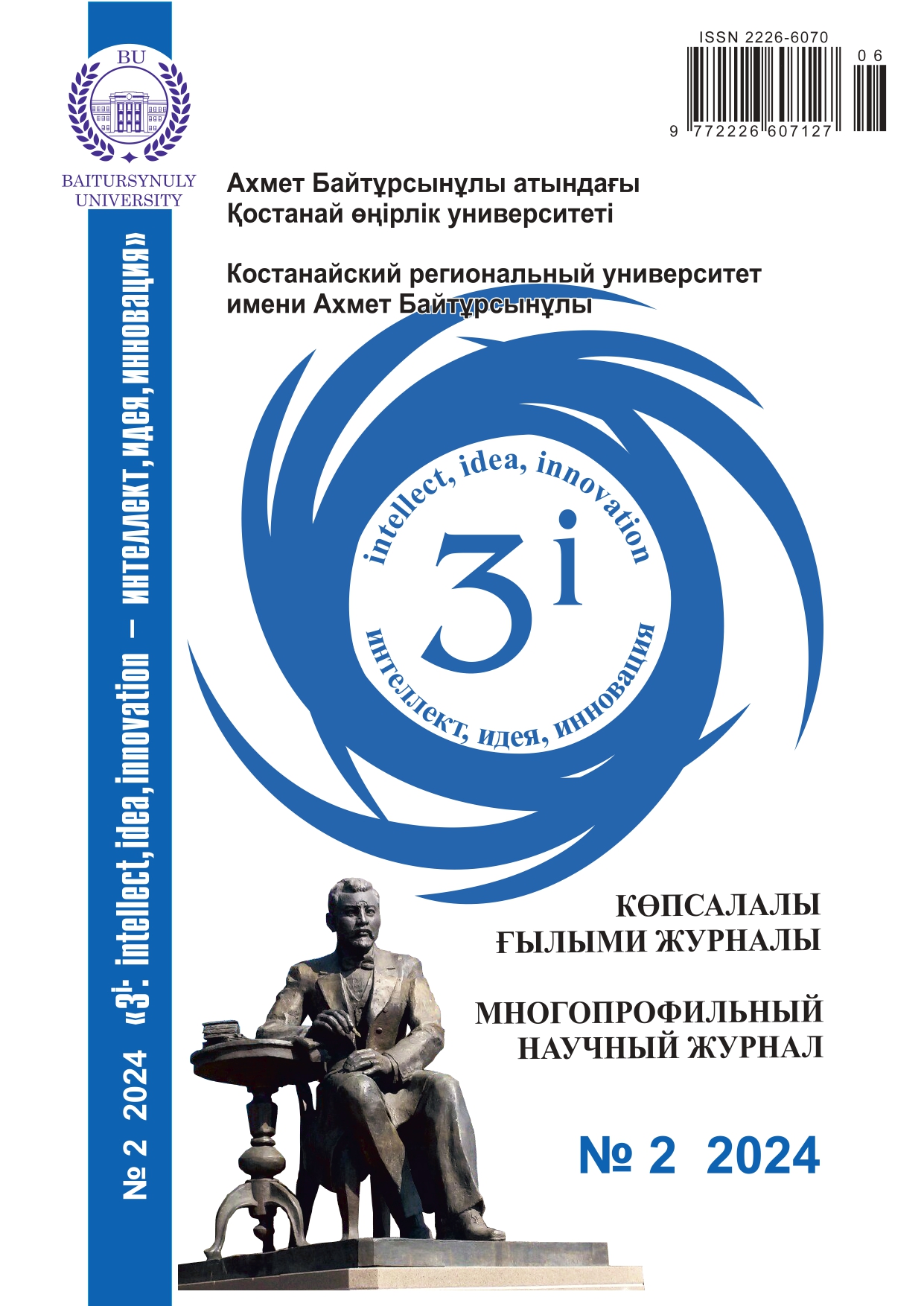CROWDSOURCING AS A PREDICTOR OF UNIVERSAL COMPETENCIES OF FUTURE NATURAL SCIENCES AND MATHEMATICAL SPECIALISTS IN THE SYSTEM OF HIGHER PROFESSIONAL EDUCATION
DOI:
https://doi.org/10.52269/22266070_2024_2_198Keywords:
crowdsourcing, competencies, students, employers, educational programs, predictingAbstract
This article explores the results of using crowdsourcing as a predictor of universal competencies among future specialists in the natural and mathematical fields of education. The authors have explored the potential of crowdsourcing technology across various professional fields and its effectiveness. Through an analysis of relevant scientific literature, they concluded that there was a lack of empirical research and theoretical knowledge on the use of crowdsourcing's predictive capabilities in the educational sector. In this context, the research purpose was to use crowdsourcing technology to predict the development profile of universal competencies in future specialists studying in the natural sciences and mathematics fields. This approach aims to identify competencies that will be in high demand in the future and to guide the development of corresponding skills in students. Based on the data obtained, the study advocates for adapting current educational programs to prioritize the formation of these essential competencies. Such adjustments are crucial for preparing specialists who can meet the evolving demands of the modern labor market and effectively navigate changing professional landscapes. This strategic alignment also promises to broaden the scope of future career opportunities for university graduates and enhance their competitiveness in the job market.
The research employs quantitative-qualitative analysis, structural analysis, and Student's t-test to evaluate the outcomes of crowdsourcing predictions. A significant novelty of this study lies in pioneering crowdsourcing as a predictive tool in higher professional education. It establishes a framework for determining foundational competencies in natural sciences and mathematical education, serving as a valuable reference for curriculum developers. Furthermore, the design and methodology developed for using crowdsourcing as a predictor holds potential for predicting universal competencies across various other professional training domains. This approach will help to develop in-demand competencies and contribute to creating an adaptive educational environment, allowing for a rapid response to the challenges of the modern world.




